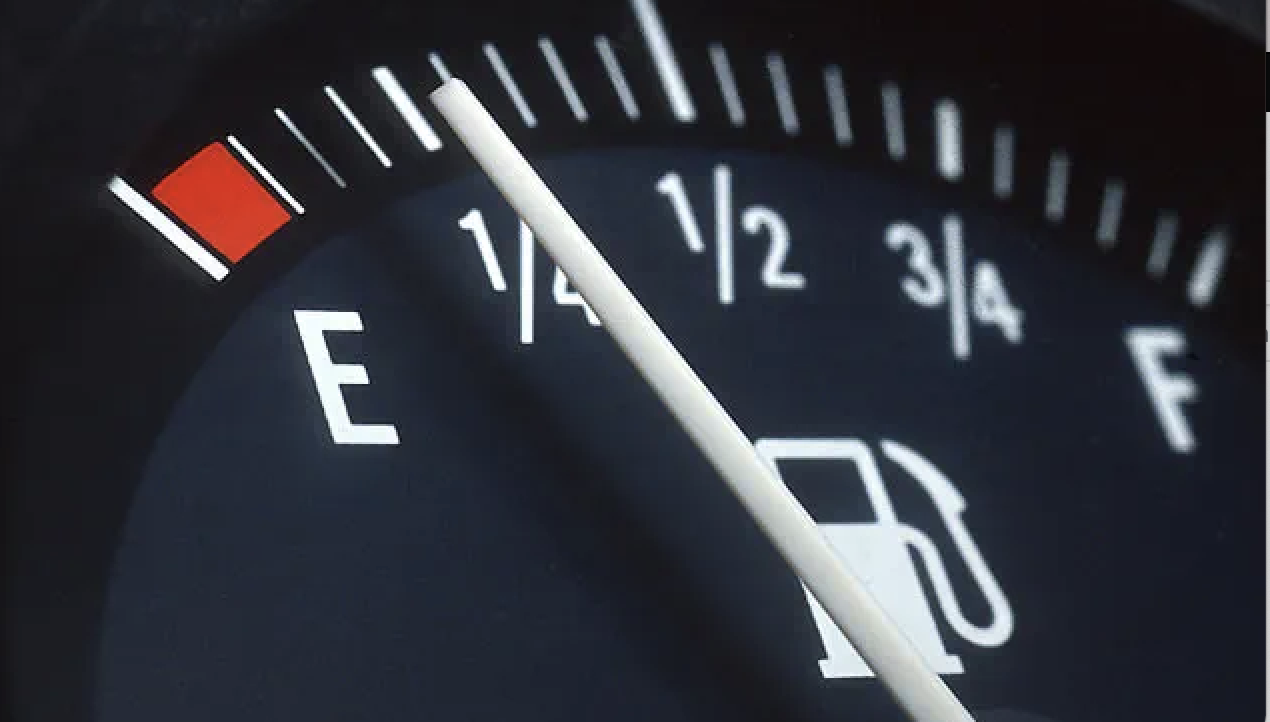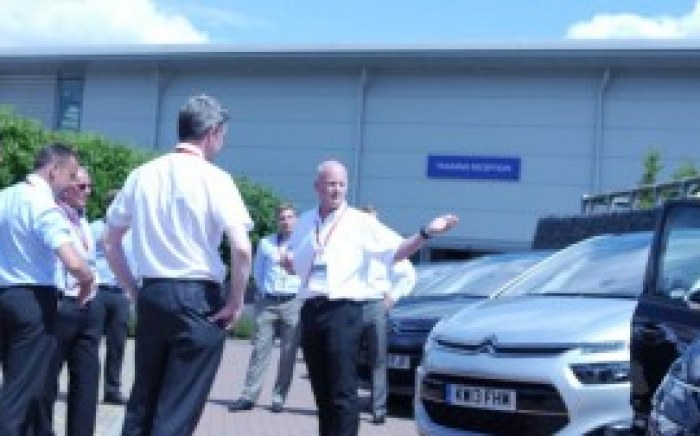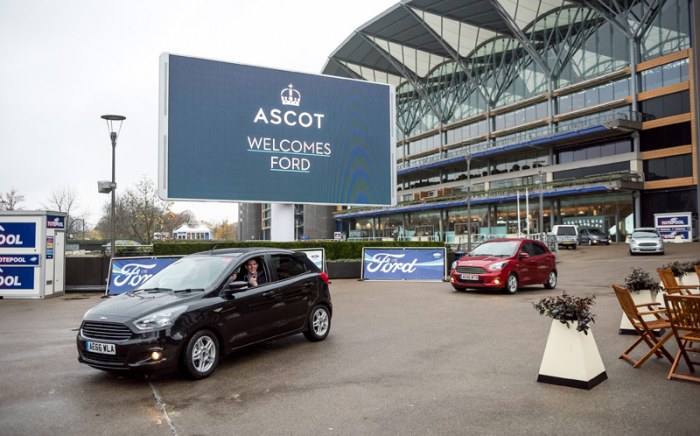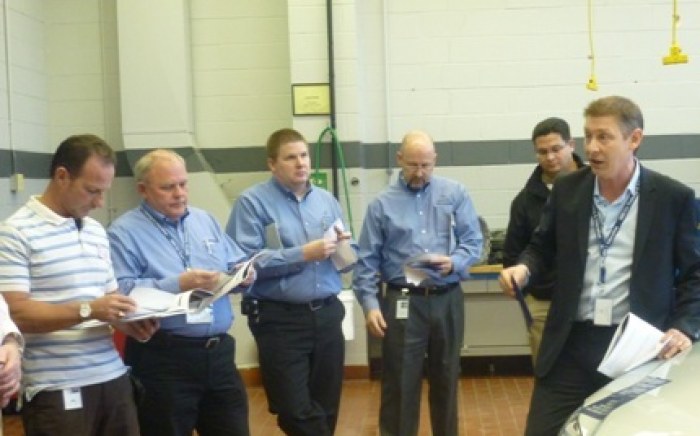There has never been more focus on saving money and one area that we often forget is how we drive, when driving we often switch to ‘auto-pilot’ and adopt the habits of a lifetime of driving.
Focussing on your driving habits can save you money and keep your car’s parts from wearing quickly. However driving economically doesn’t just benefit your pocket it has potentially far-reaching effects on the environment too.
As automotive training experts we are regularly asked to share recommendations for more efficient driving, Below are our top 8 tips
1. Be gentle with your right foot!
Whether in an Electric Vehicle or a petrol or diesel, the harder you accelerate, the more energy or fuel you use. That may seem obvious but it is worth remembering that up to 50% of all energy powering a car goes into acceleration; aggressive driving uses even more energy. Drive smoothly and accelerate gently for greater efficiency. This is particularly beneficial around towns and cities where you will use less energy or fuel by easing onto the accelerator pedal gently.
2. Think about your speed and how it varies
Reducing your speed from 80 mph to 70 mph can result in a 25% efficiency improvement. Cutting your speed from 60 mph to 50 mph can improve your efficiency by up to 15%. Maintain a steady speed for the most economical use of energy or fuel. When your speed dips and bursts, you drive less efficiently, and spend more money than you need to. Small changes in speed can increase a car’s efficiency by up to 48%.
3. Use your vehicles intelligent driving aids
Newer vehicles are fitted with a whole host of intelligent technology that you may not be using. Gear change indicators, Speed limiters, Start/Stop, Smart Cruise Control and Tyre Pressure Monitors are just some of the clever features that will help your driving become more fuel efficient. It is worth looking through your vehicle manual to familiarise yourself with what is available on your vehicle and how to operate the feature.
Cruise control can help boost economy, but only under certain conditions. On long, straight stretches and relatively flat roads such as motorways, the cruise control feature keeps a steady pressure on the accelerator, ensuring a steady and efficient use of energy or fuel. However, in hilly conditions, cruise control tries to maintain the same speed, so it’s working harder which means higher consumption.
4. Decelerate gradually and naturally
Gentle deceleration saves brakes and helps efficiency. Try to gauge the flow of traffic ahead of you, by looking ahead at how traffic is behaving, you can often see well in advance when it’s time to slow down. You will consume less fuel and save money by taking your foot off the accelerator and coasting to slow down instead of using your brakes– it’s more economical than braking.
5. Lighten the load and reduce wind resistance
Your engine works harder to pull more weight, which uses more of your EV charge or diesel or petrol. So clean out the boot and anywhere else around the car where unnecessary clutter is adding to the car’s weight. If you’re not using that cycle carrier or roof box, take it off, streamlining your car to reduce drag thus making your car more energy or fuel efficient.
6. Use your air-conditioning wisely
At low speeds, air-conditioning increases consumption but at higher speeds the effect is less noticeable. Try opening the windows around town and save the air-conditioning for high speed driving.
7. Simple maintenance maintains efficiency.
Measure your tyre pressures every month. Under-inflated tyres can increase consumption by around 5% for every 0.5 bar drop in pressure. The correct tyre pressures will be found in your vehicle manual and are also usually located on the driver’s doorpost. In addition, get your car serviced according to manufacturer’s recommendations to ensure optimum efficiency.
8. Don’t leave your vehicle idling
Switch off your engine if you’re stationary for more than a minute or so, for example, if you’re stuck in traffic, or scraping ice off your car in the morning. Modern engines use less when you start them than when you leave them running.
Contact us for more information regarding the training subjects we provide related to the Automotive industry.




